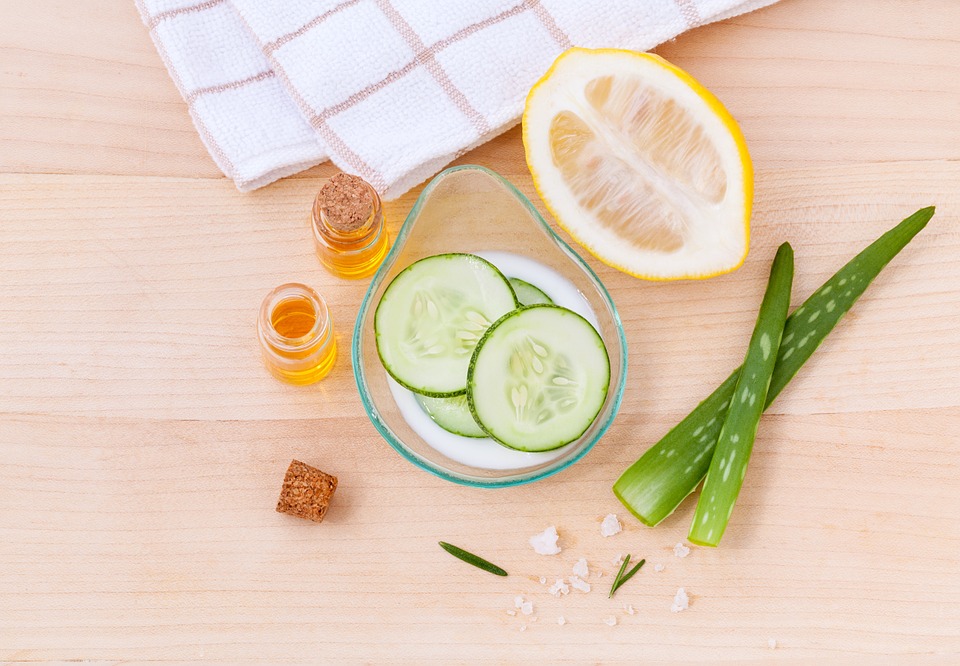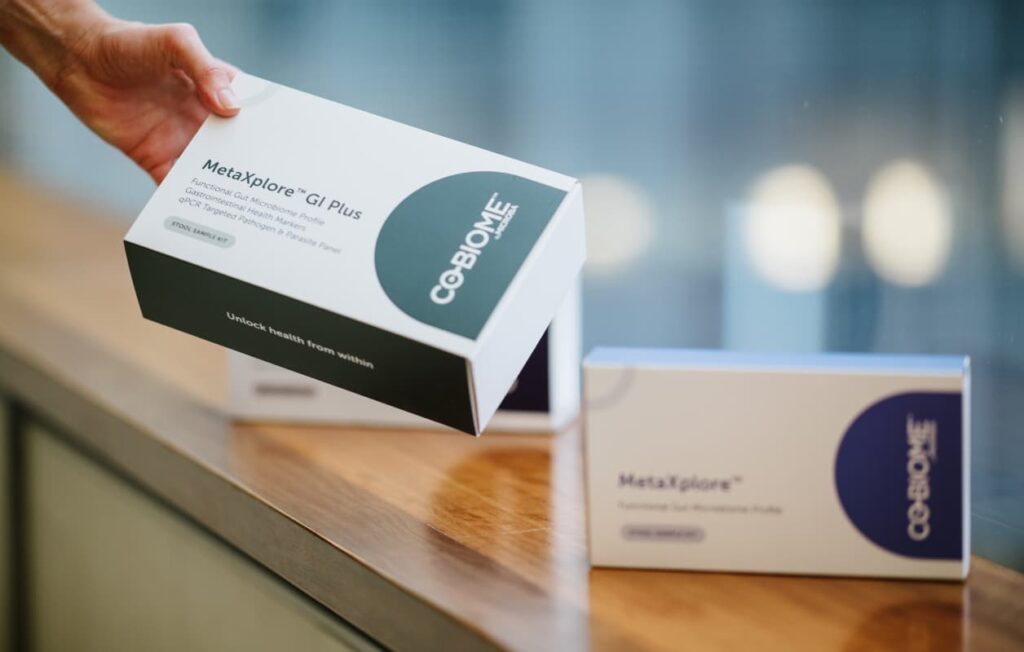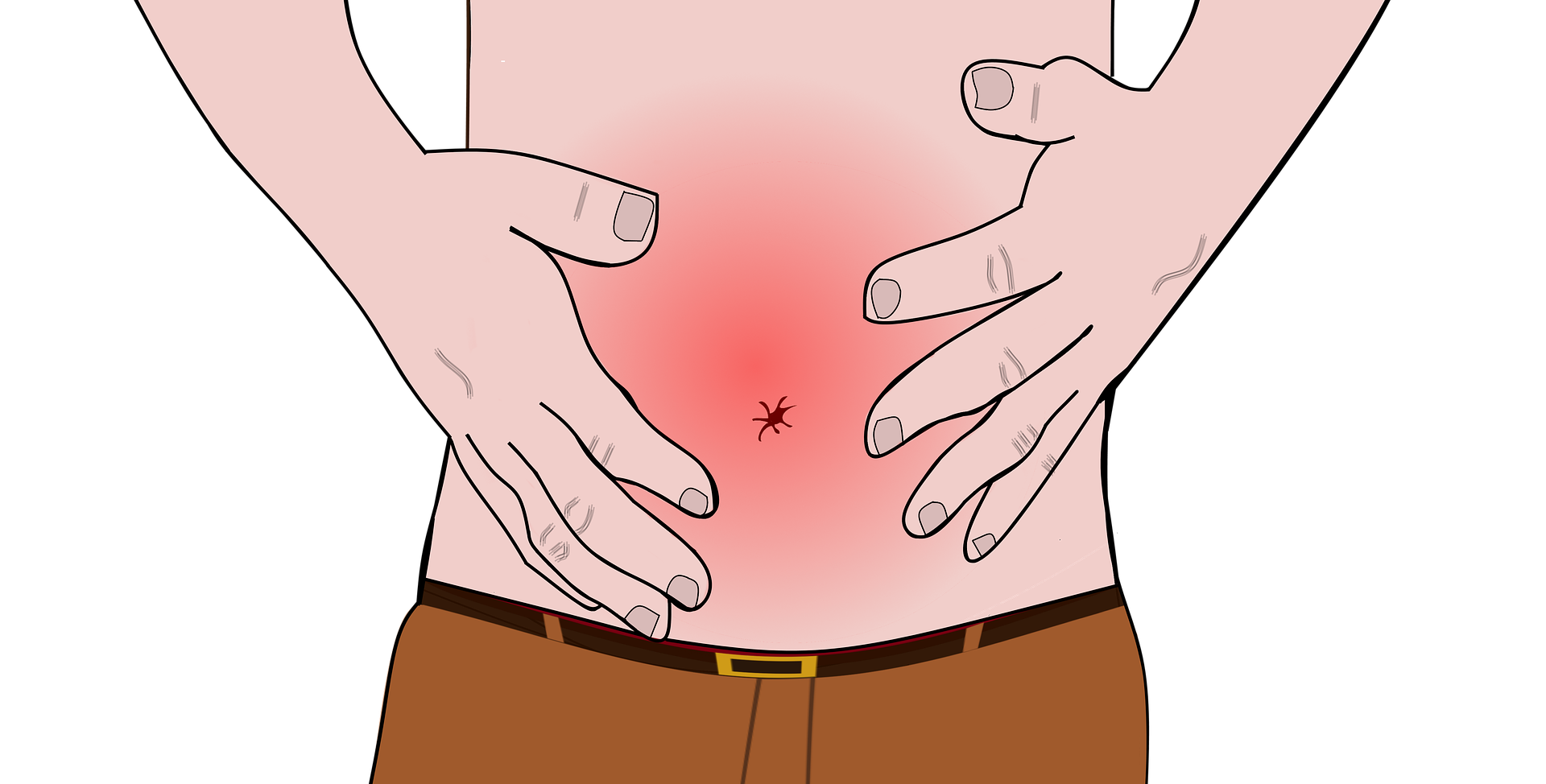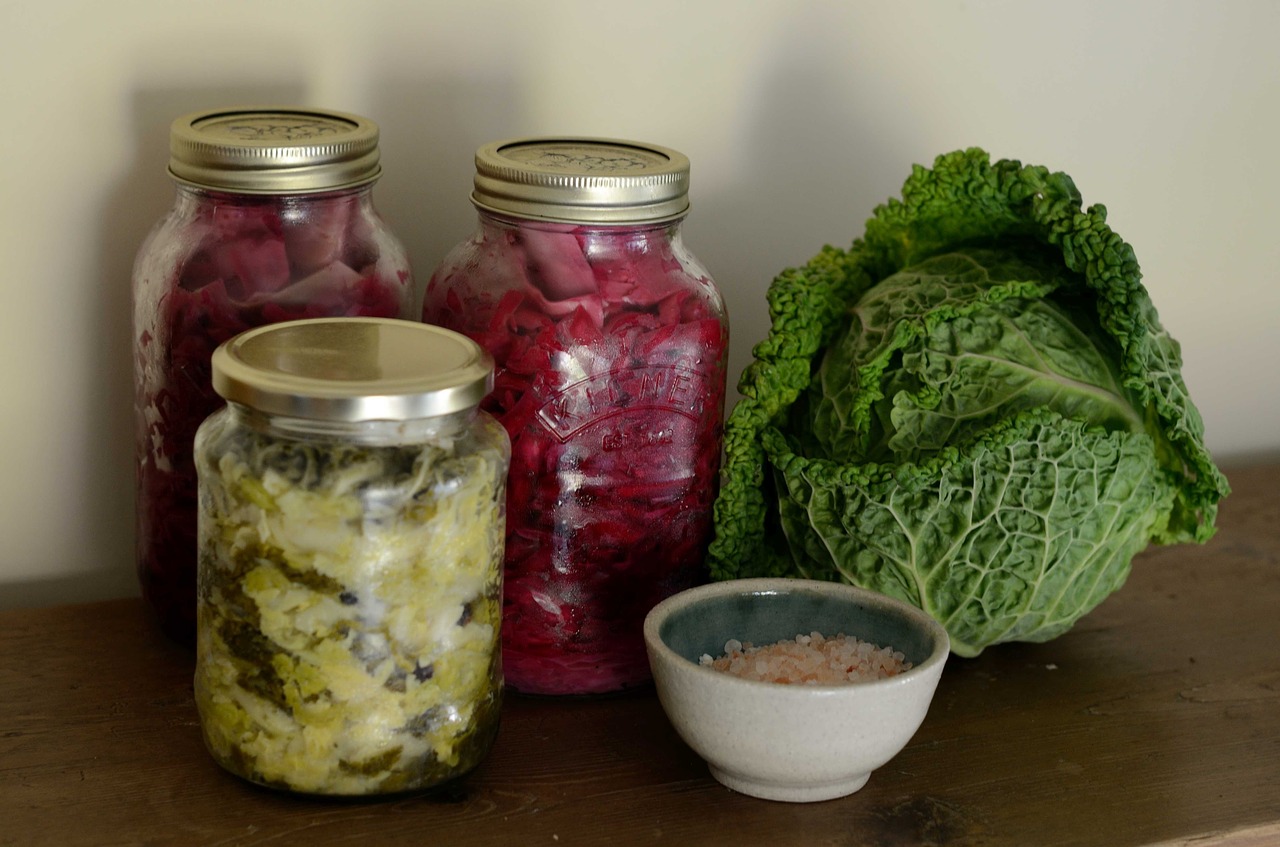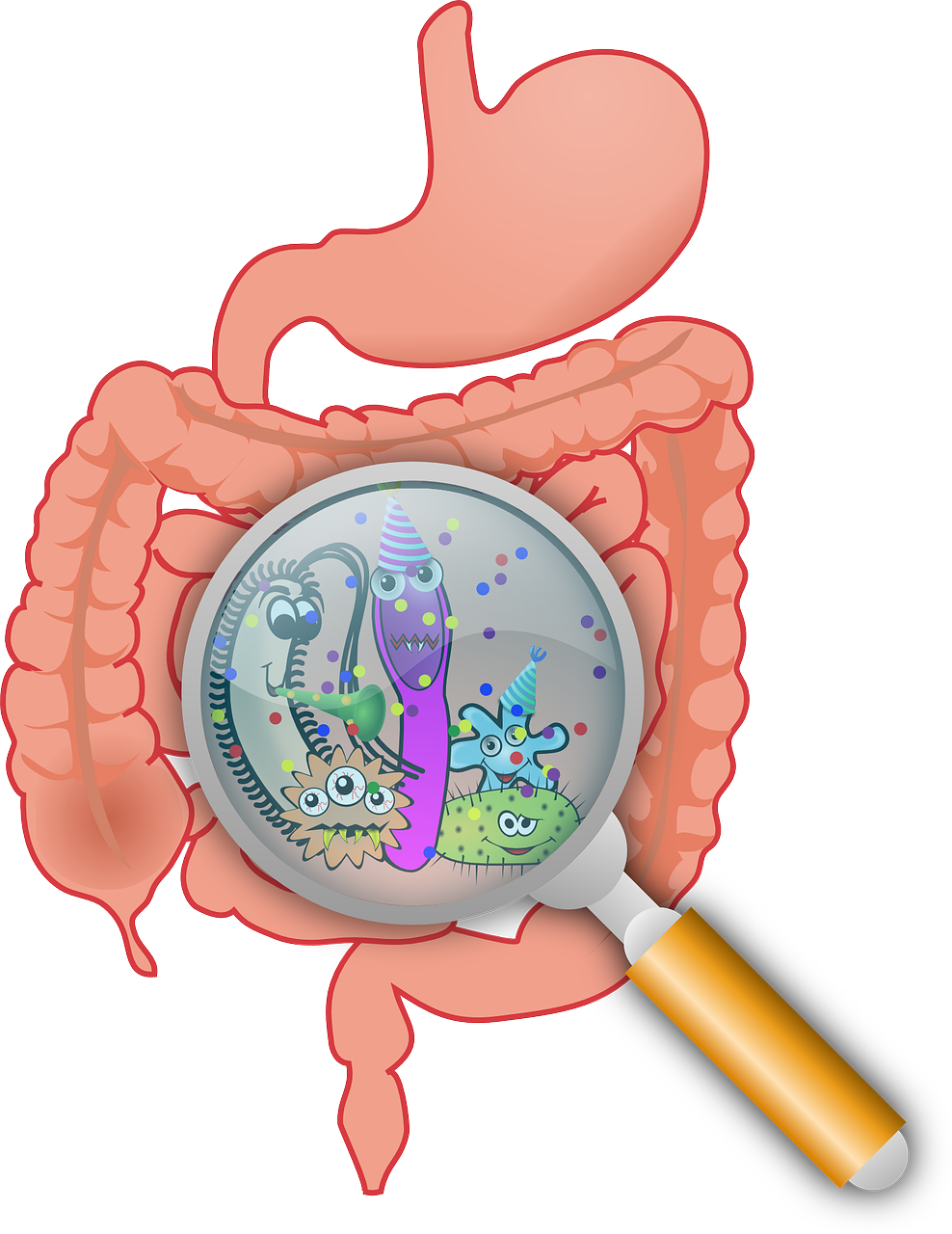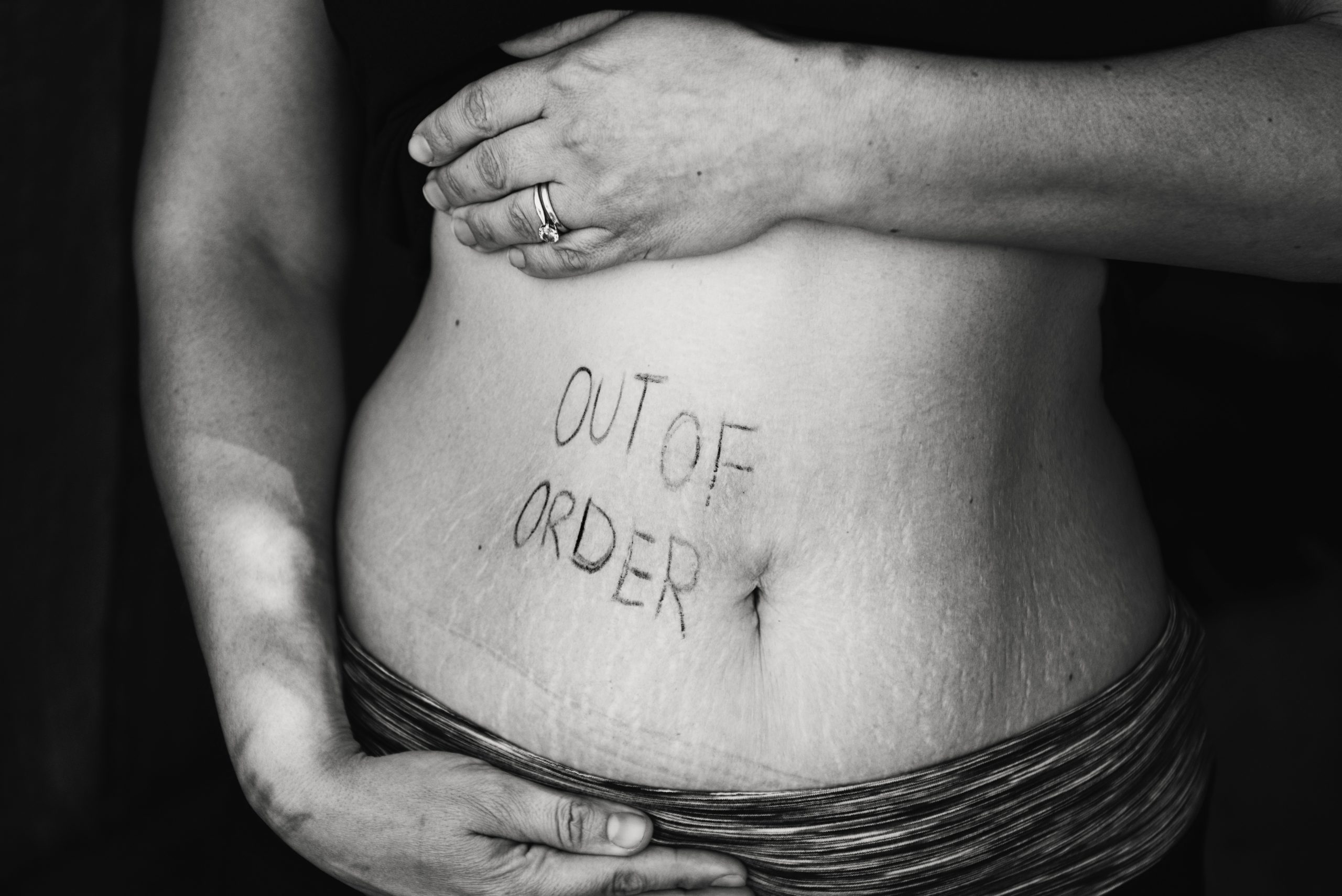The collagen market has hit the health and wellness industry by storm. Everyone wants a piece of the beauty pie. Claims of increasing skin elasticity, firming up sagging skin, healing damaged skin and on a less vein level, supporting joints and healing the gut have people scrambling at local health food stores, pharmacies and beauty houses for all things collagen. Now I have suggested here that the vanity side of things might be completely separate from the gut, but in reality, the gut and skin are very closely connected.
We all begin life as just one lonely little cell, in the comfy and warm womb of our mothers. From here, we very rapidly divide into many cells and develop until we become a fully grown baby. As we continue this growth some of our original cells and remain linked together. Our gut, skin and brain are connected closely by our original tissues.
This has led research to identify a clear link between the gut, skin and associated skin conditions.
Did you know the skin is our body’s largest organ?
As a structural organ, the skin plays a very important part in maintaining a healthy body from:
- UV damage (from the sun)
- Dietary and environmental factors that cause free radical damage
- Environmental pollutants
- Physical stress placed on the skin
Other factors may affect the health of our skin including:
- Hormone imbalances
- A poor diet
- Alcohol
- Dehydration
- The dysfunction of other organs such as the liver and gut
So, what about collagen then?
Collagen is found naturally in the structural makeup of our skin. It plays a large role in skin elasticity, ensuring that our skin does not sag and wrinkle, which is why the beauty industry has made a fortune out of topical collagen products. Collagen is also found in the gut lining playing a similar healing and protective role, but on a deeper level that we cannot see. Although, those with gut problems such as leaky gut will soon discover the benefits after taking collagen supplements or increasing collagen naturally with food.
PLUS Vitamin C
Collagen is heavily reliant on the incredibly famous antioxidant known as Vitamin C for production in the body. Including several sources of Vitamin C rich foods in the diet daily can boost your chances of producing enough collagen to achieve that beautiful, firm glow you have been searching for, as well as do some fabulous healing work in the gut. Because both organs are so connected and so vital to overall health, it is important to work on both the skin and gut.
Here are some vitamin C rich food sources:
- Broccoli, brussels sprouts, cauliflower
- Capsicums
- Chillis
- Leafy greens (spinach, cabbage, kale etc.)
- Sweet potatoes, pumpkins
- Kiwi fruit
- Mango
- Pineapple
- Papaya
- Watermelon
- All berries
- Thyme
- Parsley
- Lemons, oranges, grapefruit
Sources of Collagen
- Fish
- Chicken
- Turkey
- Lean beef
- Citrus fruits
- Egg white
- Garlic
- Berries
- Cashews
- Green leafy vegetables
- Soy products
- Tomatoes
- Capsicum
The road to healthy skin
The diet plays a key role in the health of our skin. The skin relies on essential nutrients to preserve its integrity and elasticity. Eating nutrient-rich foods often can ensure we are getting the variety of nutrients require for that all-important glow and youthfulness.
Enjoy Your Fruit & Veggies Plentifully
Fruit and vegetables are a given, we all know it, but we sometimes need to be reminded of this in these times of fast food and time-poor lifestyles. The antioxidants and phytochemicals (plant chemicals and nutrients) found in our fruits and vegetables help to maintain skin elasticity and integrity below the surface of the skin, as well as what we can see in the mirror. Fruit and vegetables also offer the gut the nutrients it requires to produce collagen and stressless hormones.
Eat Seasonally
Eating seasonally increases the nutritional profile of fruits and vegetables meaning you will get the most out of them!
Healthy Fats
Healthy fats are important in helping to build cell membranes and hydrate and plump the skin. Omega-3, omega-6 and monounsaturated fatty acids are the best of the fats.
Sources of healthy fats include:
- Avocado
- Nut butters
- Nuts and seeds
- Eggs
- Oily fish (salmon, tuna, cod, sardines)
- Olive oil
- Olives

